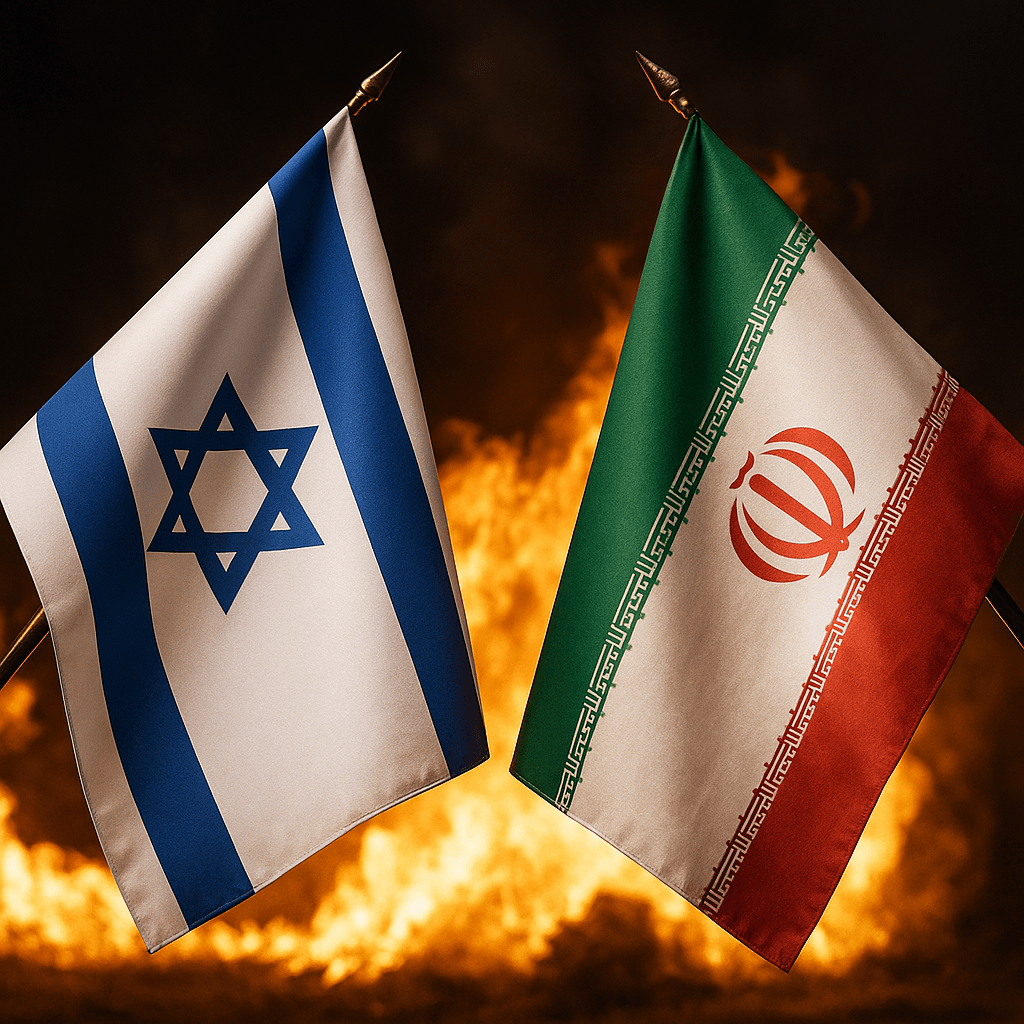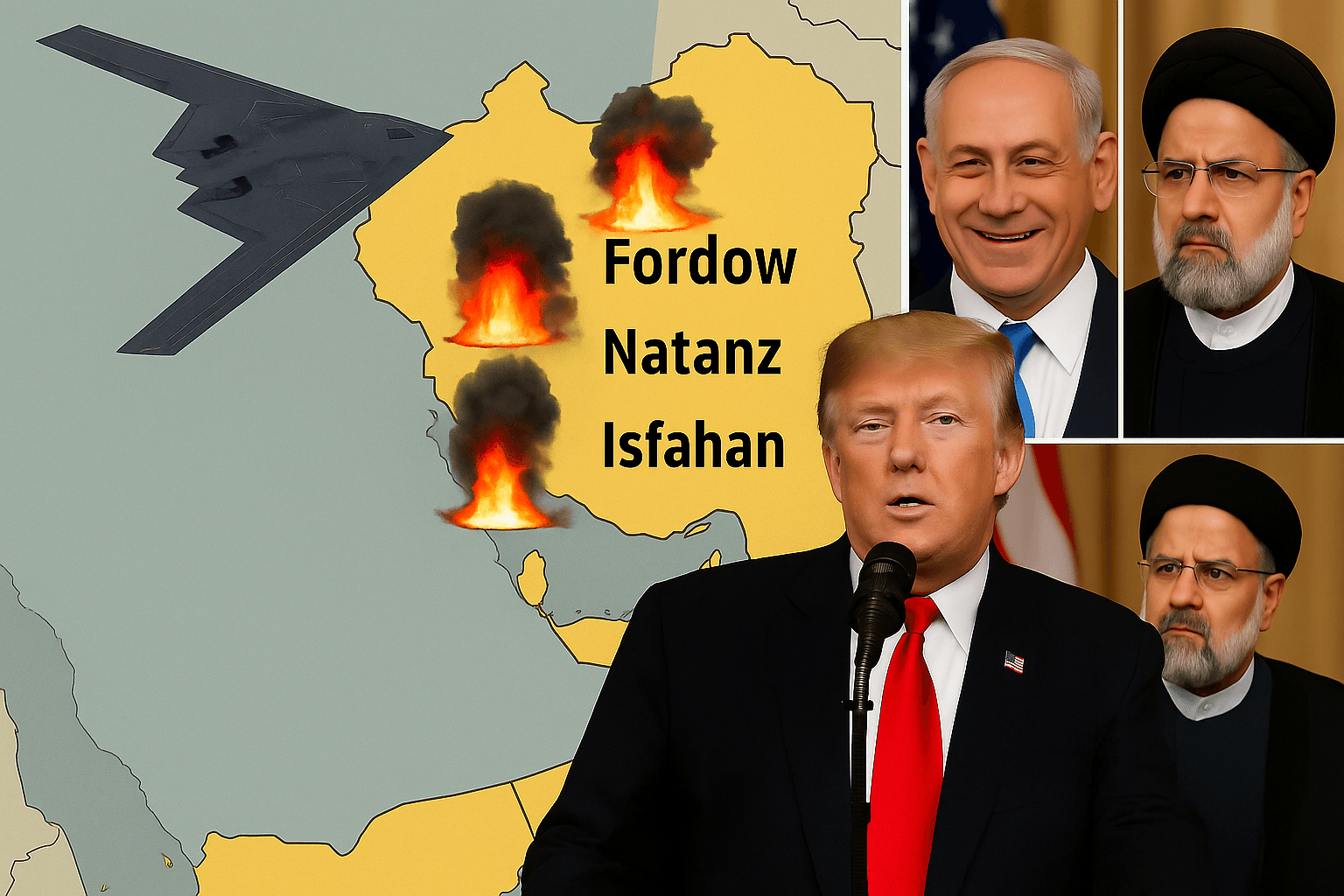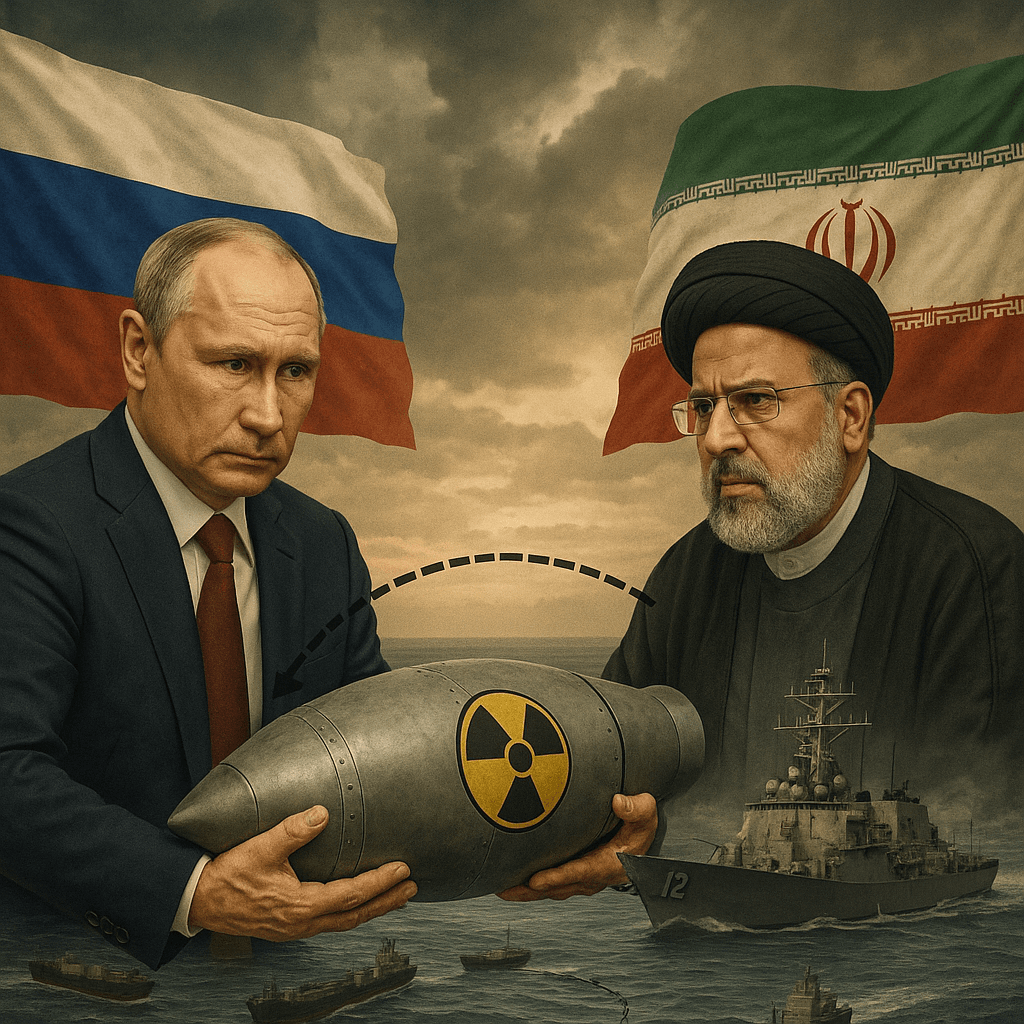The already volatile Middle East has plunged into an even more dangerous abyss. In a dramatic escalation of the ongoing conflict, Iran is now claiming to have executed a direct and successful missile strike on the Mossad headquarters in Tel Aviv, Israel.1 While Israeli authorities have yet to issue an official statement regarding this specific claim, Iranian state media, particularly IRNA news agency and the Islamic Revolutionary Guard Corps (IRGC), are unequivocally stating that the strike targeted the heart of Israel’s foreign intelligence operations.
The Attack: Iran’s Retaliation Goes Directly to the Core
According to Iranian reports, the strike, which occurred on Tuesday, June 17, 2025, aimed at Mossad’s foreign intelligence center in Tel Aviv, which they describe as the “center for planning Israel’s assassination operations.” Unverified footage circulating widely on social media purportedly shows explosions and fires in areas of Tel Aviv, adding to the intense speculation.
This alleged direct hit comes amidst a fifth straight day of intense military exchanges between Israel and Iran. The conflict has seen significant military actions and mounting casualties on both sides.2 Just prior to this latest Iranian claim, the Israeli Defense Forces (IDF) had reportedly eliminated Iran’s wartime Chief of Staff, Ali Shadmani, in an airstrike, marking a notable escalation.3 Iran’s strike on the Mossad headquarters, if confirmed, would be a direct and potent act of retaliation, moving beyond proxy warfare to a direct assault on Israel’s highly sensitive intelligence infrastructure.
Sources like Al Jazeera and Khaama Press have reported on this development, indicating the gravity with which it’s being viewed globally. Al Jazeera’s live updates have noted that Iran struck Tel Aviv and Herzliya in broad daylight after a senior Iranian general was killed, and the Times of India has also reported on Iran’s forces targeting Mossad.4
The Broader Picture: Days of Escalation
The purported strike on the Mossad headquarters is the latest in a series of rapidly escalating events:
- Intense Aerial Campaigns: Both Israel and Iran have been engaged in relentless aerial bombardments.5 Israel has targeted key Iranian nuclear and military installations, including surface-to-surface missile production facilities, radar sites, and air defense systems.6 Iran’s health ministry has reported a rising death toll, with over 220 fatalities, including a significant number of civilians, from Israeli strikes since Friday.7
- Iranian Retaliation: In response to Israeli actions, Iran has launched multiple barrages of missiles and drones at Israeli cities and towns, including Tel Aviv and Haifa.8 These attacks have resulted in casualties in Israel, with reports indicating over 20 deaths and hundreds of injuries.9 Some Iranian missiles have reportedly breached Israel’s defense systems.10
- Strategic Targets: Israel has claimed to have achieved “full air superiority over Tehran” and has also struck an Iranian refueling aircraft 2,300 km away.11 Iran, on its part, has claimed attacks on vital Israeli infrastructure, including a major oil refinery in Haifa.12
- High-Level Losses: The conflict has seen significant losses on both sides, including the reported killing of top Iranian military commanders and atomic scientists by Israeli forces.
- International Alarm: The international community is deeply concerned. G7 leaders, including US President Donald Trump who cut short his G7 visit, have called for de-escalation and a return to diplomatic negotiations.13 China has urged its citizens to leave Iran, while Russia has highlighted the unpredictability of the conflict.14 President Trump has stated he is seeking a “real end” to the conflict, not just a ceasefire, and has reiterated his stance that Iran “cannot have a nuclear weapon.”15
What’s Next? The World Holds Its Breath
The alleged attack on Mossad’s headquarters represents a critical juncture in the Israel-Iran conflict. If confirmed by Israel, it would demand an unprecedented response. The possibilities for escalation are grave, with analysts fearing direct strikes on Iran’s vital oil infrastructure or even its nuclear program. Israeli Prime Minister Benjamin Netanyahu has previously stated that his offensive aims to thwart “existential” nuclear and missile threats and has not ruled out targeting Iran’s Supreme Leader Ayatollah Ali Khamenei.16
The stakes could not be higher. The next few hours and days will dictate the trajectory of this terrifying conflict. The world watches, hoping for de-escalation, but bracing for the possibility of an even wider and more devastating regional war.



